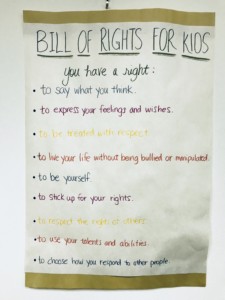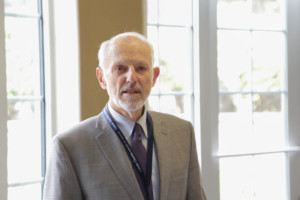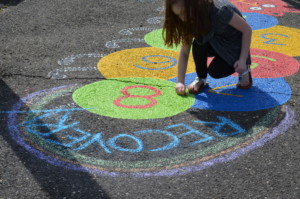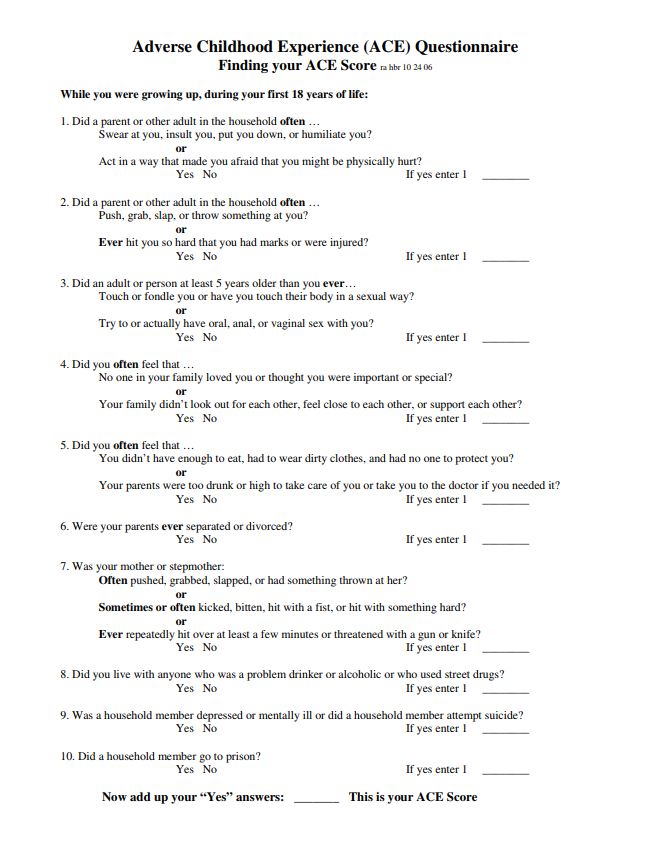When ACE is not awesome: The damage of childhood trauma persists into adulthood
In most contexts, ace is awesome.
Calling someone an “ace” is a complimentary nod to their skills. “Holding the aces” means you’ve got a winning hand. Having an “ace in the hole” means you wield an advantage sure to secure victory.
But when it comes to childhood trauma, ACE is awful. ACE is an acronym for Adverse Childhood Experiences. It refers to traumatic events like abuse or neglect, as well as dysfunctional households in which children grow up with domestic violence or family members who struggle with substance use disorders. ACEs can include everything from physical, verbal and sexual abuse to exposure to parents or other household members who get divorced or separated, go to prison, misuse substances or struggle with mental health issues.
Experiences in childhood, whether positive or negative, echo into adulthood, because they occur when a child’s brain is still developing. A child who grows up exposed to severe or chronic trauma, neglect or household dysfunction lives with a toxic stress that can essentially rewire their brains – with lifelong consequences.
Experts agree that ACEs are a public health issue that transcends all class, race and geographical lines. Almost half of U.S. children have experienced at least one ACE, and 1 in 10 has experienced at least three, placing them at high-risk for lifelong impact, according to the 2016 National Survey on Children’s Health.
During childhood, ACEs can affect a child’s ability to function, so that they might lose focus and struggle in school, develop unhealthy peer relationships, or distrust and consequently act out around adults, said Ron Gering, director of children and family services for Catholic Charities, Diocese of Trenton (pictured, right).
As adolescents, they might also resort to coping mechanisms – such as substance abuse or self-harm – that over time can impact their physical and mental health and lead to disability, social problems, and even premature death, Gering added.
Further, the more trauma a child experiences, the more likely they are to commit or fall victim to violence later in life, studies show.
“That’s why early intervention is key for children with rough upbringings,” Gering said. “Recognizing the role childhood trauma plays in how a person acts as an adult is equally important.”
For example, singer Mary J. Blige revealed in 2011 that she was molested at age 5, a traumatic experience that led her to struggle with depression and addiction throughout her career. Actors Corey Haim and Corey Feldman struggled with addiction as adults, after childhood sexual abuse.
ACEs research has helped psychiatric workers shift their approach.
“So instead of asking: ‘What’s wrong with you?’ we now ask: ‘What happened to you?’” Gering said. “That’s a more ‘trauma-informed’ approach that encourages people to open up more about adverse childhood experiences they’ve had. It also can affect how doctors, therapists, social workers and other professionals counsel or treat them.”
Therapists working with adults in treatment often start by tallying their score on the Adverse Childhood Experience (ACE) Questionnaire, a 10-question measure to identify early traumatic experiences. The higher your ACE score, the higher your risk climbs for later health problems.
Assess yourself: Take the test below to see where you fall … but remember that ACE scores don’t account for positive early experiences that can protect a child from the long-term effects of early trauma. Resilience is a powerful thing.
“You can never underestimate the importance that even one caring person can make in the life of a child who have had adverse childhood experiences,” Gering said. “Just as negative experiences can affect brain growth and organization, so can positive relationships lead to resilience.”
For more information on ACEs: Oprah Winfrey recently explored how trauma can affect childhood development in a segment on the TV news program 60 Minutes. See that report here. Nadine Burke Harris, a pediatrician from California and author of “The Deepest Well: Healing the Long-Term Effects of Childhood Adversity,” has talked nationally about ACEs and the need for pediatricians to consider childhood trauma as the root cause of conditions that otherwise might get misdiagnosed. See her 2015 TedTalk here.
For help: If you are seeking help with unresolved trauma in your past, call Catholic Charities, Diocese of Trenton’s Access, Help and Information Center at (800) 360-7711 to connect with a compassionate, professional counselor.
To subscribe to our blog posts and news releases, fill out the fields below.






Q&A: How to spot childhood trauma and vicarious trauma - - March 19, 2019, 8:42 am
[…] And childhood trauma can have lifelong impact. Research, particularly the ACE study, shows that if trauma isn’t addressed in childhood, it can have profound effects on health into adulthood. So that’s one of our goals: Providing treatment to kids immediately after a trauma happens or in […]
Q&A: The PALS Program & Creative Arts Therapy - August 1, 2019, 10:08 am
[…] In the United States, nearly 20 people per minute are physically abused by a partner. In just one year, that equals more than 10 million women and men. One in 15 children are exposed to this partner violence each year, and 90% of these children witness the violence firsthand, according to the National Coalition Against Domestic Violence. Experts say it’s important for children to heal because childhood trauma can have a lifelong impact. […]
Forum: Outreach needed to expand health care access for uninsured NJ children - September 6, 2019, 12:47 pm
[…] health problems, inequities, and trauma in childhood can have lifelong impact, she added, “if we attempt to get it right, not only can we create a happy, healthy human being, […]
A family recovers from trauma ... and finds another ‘family’ - - March 19, 2020, 1:47 pm
[…] also helped Teresa understand how her own childhood trauma, which included abandonment and sexual abuse, echoed into her adulthood. But Teresa learned how […]